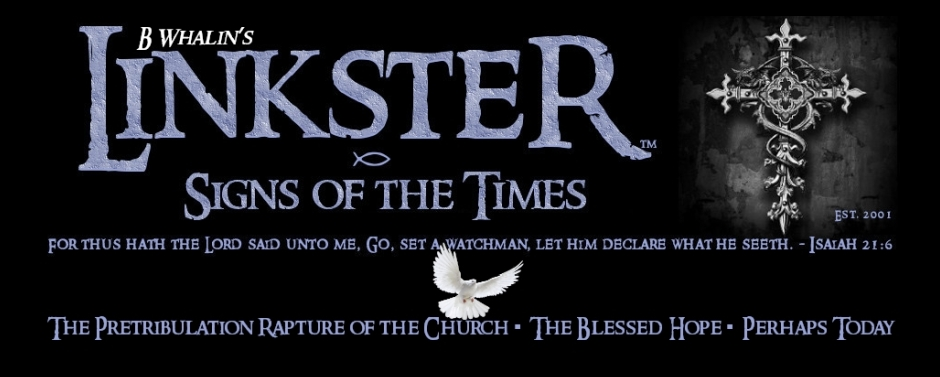
Benjamin Franklin
A Founding Father of the United States
Signer of the Declaration of Independence
“The First American”
Signer of the Declaration of Independence
“The First American”
On ‘Patriotism’

Biography
 Benjamin Franklin (January 17, 1706 – April 17, 1790) was one of the Founding Fathers of the United States. A noted polymath, Franklin was a leading author, printer, political theorist, politician, postmaster, scientist, musician, inventor, satirist, civic activist, statesman, and diplomat. As a scientist, he was a major figure in the American Enlightenment and the history of physics for his discoveries and theories regarding electricity. Franklin earned the title of "The First American" for his early and indefatigable campaigning for colonial unity; as an author and spokesman in London for several colonies, then as the first United States Ambassador to France, he exemplified the emerging American nation. Franklin was foundational in defining the American ethos as a marriage of the practical values of thrift, hard work, education, community spirit, self-governing institutions, and opposition to authoritarianism both political and religious, with the scientific and tolerant values of the Enlightenment. » Full Bio
Benjamin Franklin (January 17, 1706 – April 17, 1790) was one of the Founding Fathers of the United States. A noted polymath, Franklin was a leading author, printer, political theorist, politician, postmaster, scientist, musician, inventor, satirist, civic activist, statesman, and diplomat. As a scientist, he was a major figure in the American Enlightenment and the history of physics for his discoveries and theories regarding electricity. Franklin earned the title of "The First American" for his early and indefatigable campaigning for colonial unity; as an author and spokesman in London for several colonies, then as the first United States Ambassador to France, he exemplified the emerging American nation. Franklin was foundational in defining the American ethos as a marriage of the practical values of thrift, hard work, education, community spirit, self-governing institutions, and opposition to authoritarianism both political and religious, with the scientific and tolerant values of the Enlightenment. » Full Bio» See All ‘Quotable Quotes’
This Day In History 240 Years Ago
American War for Independence - October 16, 1773
American War for Independence - October 16, 1773
Philadelphia Resolutions Criticize Tea Act
The ‘Boston Tea Party’ Ensues

The first public statement against the British Parliament's Tea Act was a document printed in the Pennsylvania Gazette on this day in 1773. The document became known as the "Philadelphia Resolutions."
The Tea Act of 1773 was a bill designed to save the faltering British East India Company by greatly lowering its tea tax and granting it a virtual monopoly on the American tea trade. The low tax allowed the company to undercut even tea smuggled into America by Dutch traders, and many colonists viewed the act as yet another example of taxation tyranny. In response, the "Philadelphia Resolutions" called the British tax upon America unfair and said that it introduced "arbitrary government and slavery" upon the American citizens. The resolutions urged all Americans to oppose the British tax and stated that anyone who transported, sold or consumed the taxed tea would be considered "an enemy to his country."
On December 16, 1773, two months after the publication of the resolutions, a group of Massachusetts colonists disguised as Mohawks boarded three British tea ships and dumped 342 chests of tea into the harbor in what is now known as the Boston Tea Party.
Parliament, outraged by this blatant destruction of British property, enacted the Coercive Acts—called the "Intolerable Acts" by the colonists—in 1774. The Coercive Acts closed Boston to merchant shipping, established formal British military rule in Massachusetts, made British officials immune to criminal prosecution in America and required colonists to quarter British troops. The colonists subsequently called the first Continental Congress to consider a united American resistance to the British. » Full Article
Significant Events This Day In History
» History» Ultimate History Quiz
“The Ultimate History Quiz features thousands of questions about American and global history trivia. Play now to challenge your friends, and see how you stack up to the competition.”


